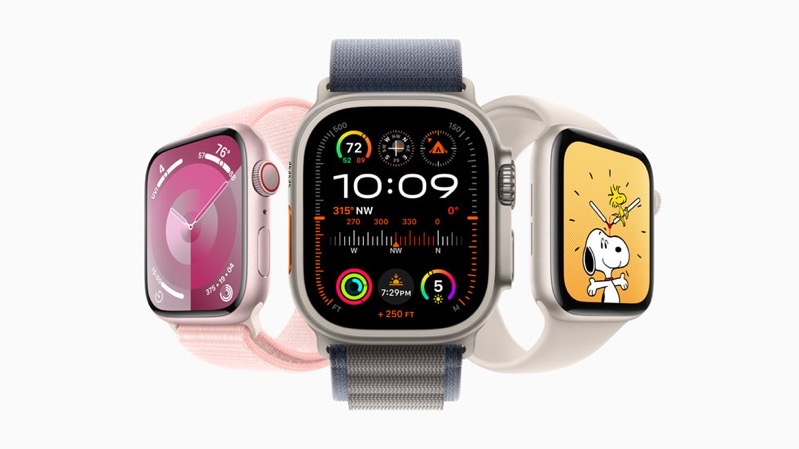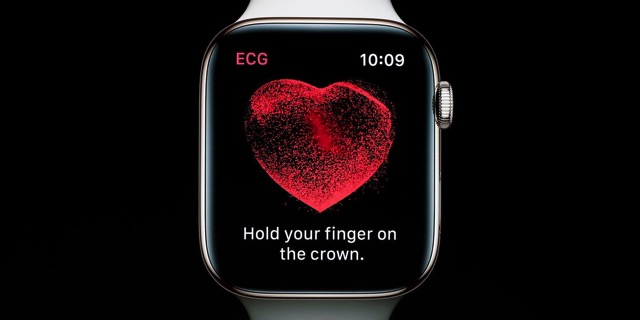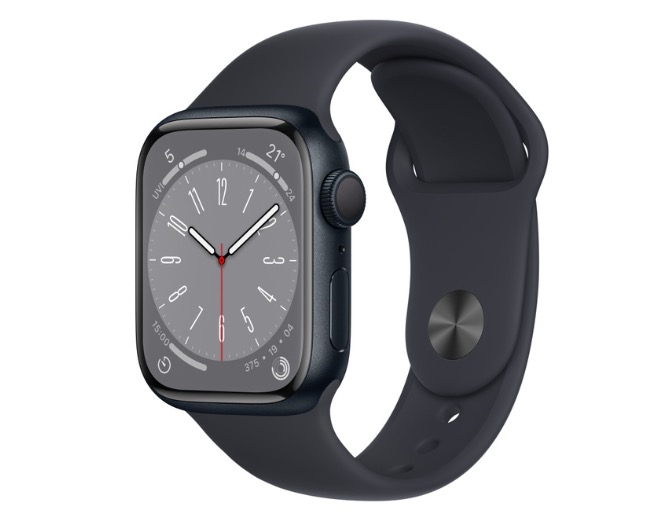
Apple Watch ECG App Being Tested with Juvenile Cancer Patients

The Murdoch Childrens Research Institute (MCRI) in Australia is starting a new study this week to validate the Apple Watch’s ECG functionality for use in the care of children during and after cancer therapy — reports MyHealthyApple.
Apple introduced electrocardiogram (ECG) technology with the Apple Watch Series 4 back in 2018. Apple wasn’t able to launch ECG tracking in Canada right away, though, and it wasn’t until July 2019 that the feature made its way to the Great White North.
MCRI seeks to authenticate the use of the Apple Watch’s ECG capabilities in measuring QTc during and/or after cancer therapy to assess a patient for QT prolongation.
QT prolongation is a medical condition where there is an extended QT interval — the time between the heart contracting and relaxing. It can put a person at increased risk of experiencing abnormal heart rhythms and sudden cardiac arrest.
QTc measurements taken from smartwatch ECG were proven to be reliable, as compared to those from standard ECG apparatus, in a previous Bland–Altman analysis using different QTc formulae.
The Apple Watch’s ECG functionality allows doctors to quickly and accurately calculate a patient’s QTc. There’s a QTc-Calculator app for the Apple Watch that can be used to check your QTc. It is available for free on the App Store.
The app takes the patient’s heart rate (or the length of the RR interval) and the length of the QT interval, and it spits out up to three QTc measurements using any three of nine different QTc formulae.
MRCI’s primary objective for the study is “to evaluate the agreement between QTc measured using 12 lead ECG and Apple Watch using mean absolute error calculations.”
Secondary objectives include:
- To calculate the sensitivity and specificity for measuring prolonged QTc using the Apple Watch.
- To calculate the interobserver variability between the two health care professional readings of QTc.
The study will include pediatric, adolescent, and young adult patients aged 7 to 18 years. MRCI believes that QTc measurement using an Apple Watch can help scale routine screening to larger populations, make real-time monitoring possible and accessible, and facilitate ambulatory care.
